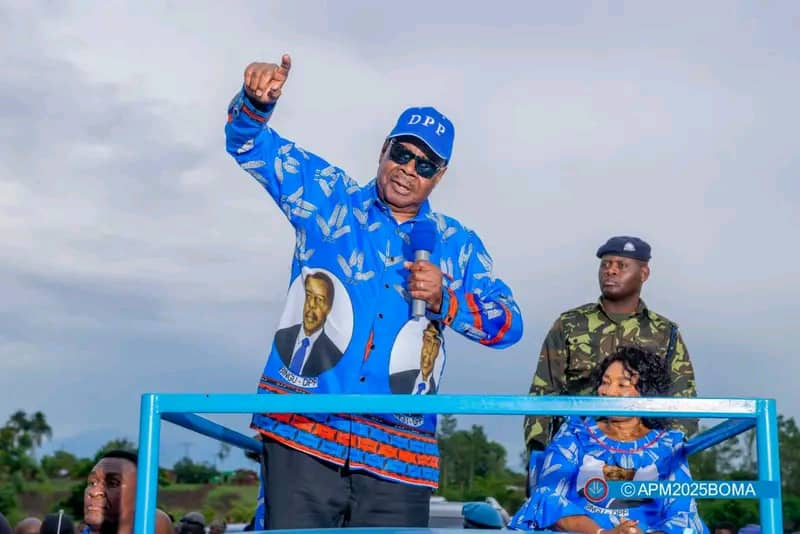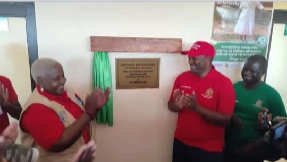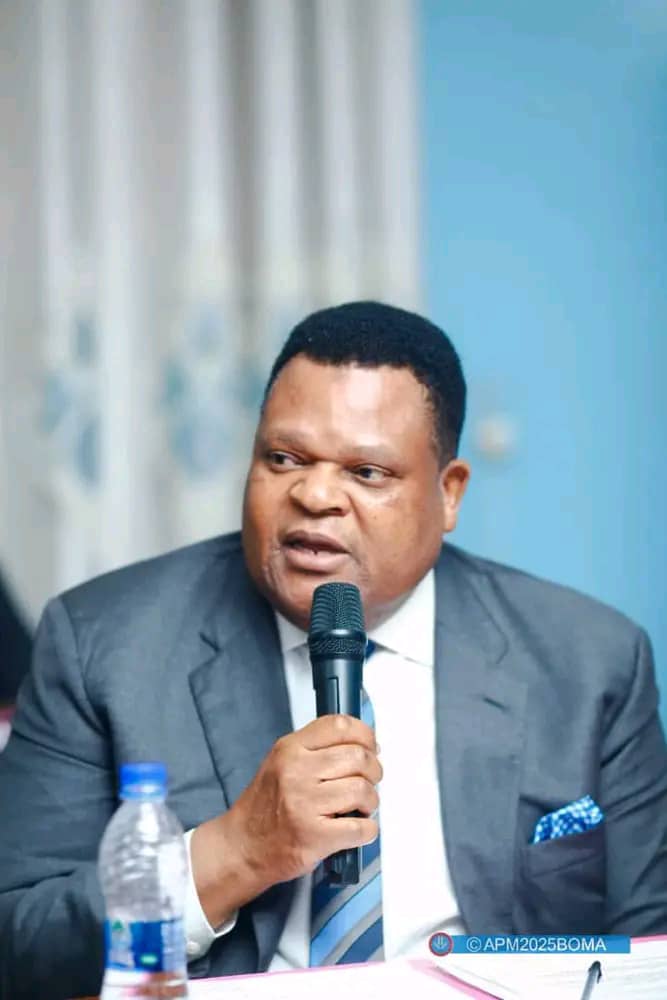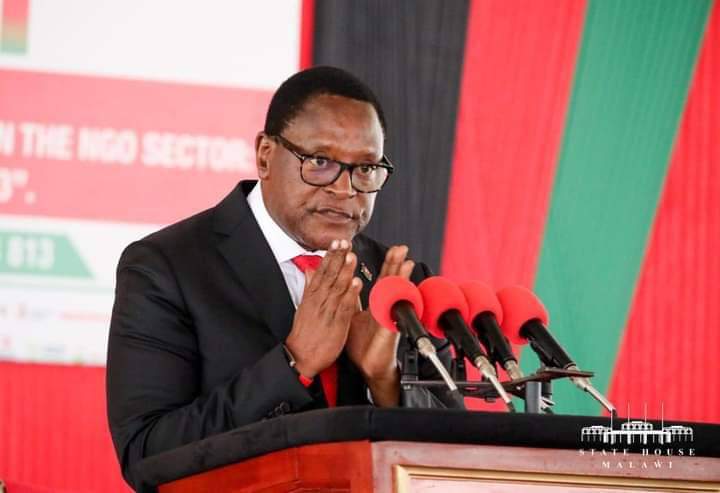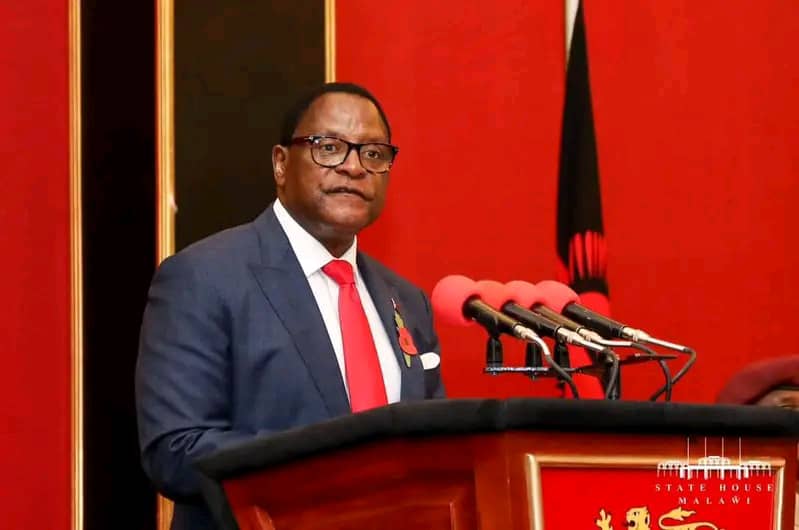
By Burnett Munthali
The upcoming election is undoubtedly critical for Malawi, and while some may claim that President Lazarus Chakwera is the leader Malawi needs, a closer examination of his track record paints a different picture. The choice between Chakwera and former President Peter Mutharika should not be made based on rhetoric or promises but on tangible results and the realities facing Malawians.
While supporters praise Chakwera for “resilience” and “vision,” the evidence on the ground tells a story of unmet expectations, economic mismanagement, and increasing public frustration.
Malawi’s economy under Chakwera has suffered immensely. Inflation has skyrocketed, the cost of living has become unbearable, and foreign exchange shortages have paralyzed critical sectors like fuel and medicine procurement. Despite promises of economic reform, Chakwera’s administration has failed to stabilize the economy or provide relief to struggling Malawians.
Chakwera campaigned on a platform of fighting corruption, yet scandals have persisted under his leadership. High-profile cases, such as the mismanagement of COVID-19 funds and allegations of abuse within the Affordable Inputs Programme (AIP), have eroded public trust. The Anti-Corruption Bureau (ACB) has been underfunded and politically influenced, further undermining the fight against graft.
From pledges to create one million jobs to improving public services, Chakwera’s administration has consistently fallen short. Youth unemployment remains alarmingly high, and key sectors like health and education are struggling due to lack of resources and poor management.
While Chakwera is often portrayed as a unifying figure, his leadership has not brought the national cohesion he promised. Key appointments and decisions have fueled perceptions of favoritism, alienating large segments of the population.
Critics of Peter Mutharika often highlight corruption and tribalism during his tenure, but these issues are not unique to his administration. Moreover, it is essential to acknowledge the successes of Mutharika’s presidency, which are often overlooked in favor of political narratives.
Under Mutharika, Malawi experienced relative economic stability. Inflation was kept in check, and the country’s forex reserves were healthier compared to the current crisis. His administration prioritized macroeconomic stability, which created an environment conducive to growth and investment.
Mutharika’s government implemented significant infrastructure projects, including roads, bridges, and school constructions. These investments, while imperfect, laid the groundwork for long-term development.
While corruption existed during his tenure, Mutharika’s administration strengthened institutions like the ACB and the Office of the Ombudsman, which played pivotal roles in holding power to account.
Accusations of tribalism aside, Mutharika’s leadership avoided the kind of polarization seen under Chakwera. His administration sought to balance regional interests, even if imperfectly, fostering a sense of stability.
The choice between Chakwera and Mutharika should not be about loyalty to a party or individual but about the tangible benefits their leadership brings to Malawians.
Firstly, on the economic management, Chakwera: Rising inflation, forex shortages, and fuel crises define his term.
Mutharika: While not without challenges, his administration maintained relative economic stability.
Secondly, on corruption, Chakwera: Failed to deliver on his promise to eradicate corruption; cases under his watch have increased.
Mutharika: Corruption existed but was balanced with efforts to strengthen institutions.
Thirdly, on public service, Chakwera: Hospitals lack medicines, teachers are underpaid, and public infrastructure is deteriorating.
Mutharika: While challenges existed, his administration improved infrastructure and maintained a functional subsidy program.
Fourthly, on unity and governance, Chakwera: Increasing polarization and perceptions of favoritism have damaged national cohesion.
Mutharika: Governance was not without flaws, but his leadership style fostered relative stability.
Malawi’s current trajectory under Chakwera raises serious concerns about the nation’s future. A return to Mutharika’s leadership could provide a much-needed course correction. His experience, coupled with lessons learned from past mistakes, positions him as a leader capable of addressing Malawi’s pressing challenges.
Firstly, Mutharika’s focus on macroeconomic stability and investment-friendly policies could help rebuild Malawi’s economy.
Secondly, with a renewed commitment to governance reforms, his leadership could restore public trust in institutions.
Thirdly, Mutharika’s leadership style, grounded in pragmatism, has the potential to bridge divisions and foster inclusivity.
In conclusion, Malawi’s future is undoubtedly at a crossroads. While Chakwera’s supporters tout his resilience and vision, his record in office has failed to deliver the promised change. On the other hand, Mutharika’s tenure, though not without flaws, offers a blueprint for stability and progress.
As Malawians head to the polls, the question is not about returning to the past but about choosing a leader who can secure the nation’s future. For many, that leader is Peter Mutharika.

